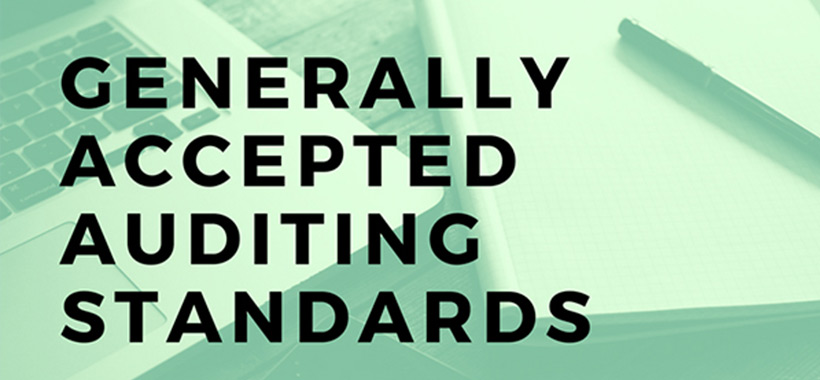
Generally Accepted Auditing Standards (GAAS) are a set of systematic guidelines for auditors to not only conduct audits on companies’ finances but also to ensure the accuracy, consistency and verifiability of actions and reports of the auditors.
These guidelines although vary by territory, in the United States they are promulgated by the Auditing Standards Board which is a division of the American Institute of Certified Public Accountants or AICPA.
GAAS are divided into three categories, which are as follows:
Please keep in mind that GAAS are the minimum standards auditors follow to audit private companies. The Public Company Accounting Oversight Board (PCAOB) has adopted these guidelines for public companies – the ones traded on the open market.
This means each audit engagement auditors work on may require them to perform audit work beyond what’s already specified in the GAAS to properly issue an opinion on the set of financial statements. Using professional judgement and taking due care by auditors is important.

Originally published Aug 08, 2016 12:08:46, updated Dec 28 2020
Topics: